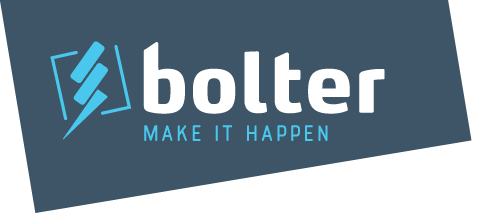A lease is a legally binding document between a tenant (known as the lessee) and a landlord (known as the lessor). A lease allows a tenant to occupy an area – like a whole building – or a part of an area – – like a shop front in a shopping centre – which are usually known as the premises. It is essentially like renting an apartment but is a little more complex in the commercial property space. For startups, your first premises could be an office space or a shopfront. It can be a daunting process as you are locking yourself or your business into a lease, requiring you to make enough money to pay rent.
In different states and territories there are certain requirements under legislation that separate ‘commercial’ and ‘retail’ leases from one another. Generally, ‘retail’ leases only apply to those businesses that fall into the scope of a ‘retail’ lease as defined under legislation. For instance, a café will generally have a ‘retail’ lease in Queensland and will fall under the Retail Shop Leases Act 1994 (Qld). The primary difference between a ‘commercial’ and a ‘retail’ lease is that ‘retail’ lease legislation tends to be more tenant friendly, due to the lack of bargain power between retail tenants and larger property developers.
Below are some pointers to help you prepare for entering into a lease:
- Carefully inspect the property: Always inspect the premises before signing a lease. You should think about creating a list of the main features you are looking for in a property when inspecting premises. Keep an eye out for any damage and take note of things that you will need to ask the Landlord to fix.
- Ask if damage will be fixed: If you do notice damage, check with the leasing agent to see if the landlord would consider repairing the damage before your lease commences. During your lease negotiations, you should raise these concerns with the landlord when negotiating your lease. You should look for a clause in the lease that requires the landlord to fix any damage to the property and make sure you record proof of any damage that you find.
- Ask for help: Before visiting any lease space, we can recommended you find a real estate agent who specialises in startup tenants and can help you on your journey. Furthermore, you should think about talking to your banker, accountant and legal advisors to help get your ducks in a row. This may save you time, money and can help you avoid potential problems down the track.
- Consider and Plan: You and your business may have specific needs that other businesses may not require. Shelving or high-speed internet, an open plan layout, backup power or soundproofing are just a few examples of requirements that a startup business may need. It would be beneficial for you to think practically about how your lease area will look, feel and work for your specific needs. If you think your business may require something specific, you should raise this during negotiations with the landlord, as it may require specific mention in the lease.
- Triple Check Your Lease: A lease document can be over 20 pages long. Document blindness can happen – we are only human. So, double-check your leaseto ensure that you spot all the cost and charges that will likely arise over the lease term. A lawyer will be useful in this process with their experience with these documents. They can provide a good overview of any nasty fees or overreaching clauses that might place you in a pickle during your lease term.
- Don’t miss those deductions: Check with your accountant or financial advisor if there are any ways that you can take advantage of current tax incentives or grants, as well as what you can and cannot deduct when it comes to tax time. This is a hidden way to help your business start on the right foot and plan for the long haul.
Keep records and set admin time: Leases are always a ‘set and forget’ arrangement. You should really take the time to form good habits in keeping records of lease expenditure and setting up time every fortnight or month to deal with your lease admin tasks. Taking time to keep track and maintaining your lease – and your lease area more generally – can be a big task. You should revisit what your own obligations and responsibilities under the lease are from time to time and also ensure that you know your landlord’s responsibilities. This will hopefully keep you compliant with the lease terms and avoid any notices from the landlord to remedy breaches of the lease terms.
Entering into a lease is a pretty big deal. We want to help you through that journey, to ensure that you fully understand what you are signing up to and it remains affordable to your small business budget. The Bolter team can make it happen, so get in touch with us for a quote to help you tackle your first – or second – lease.
